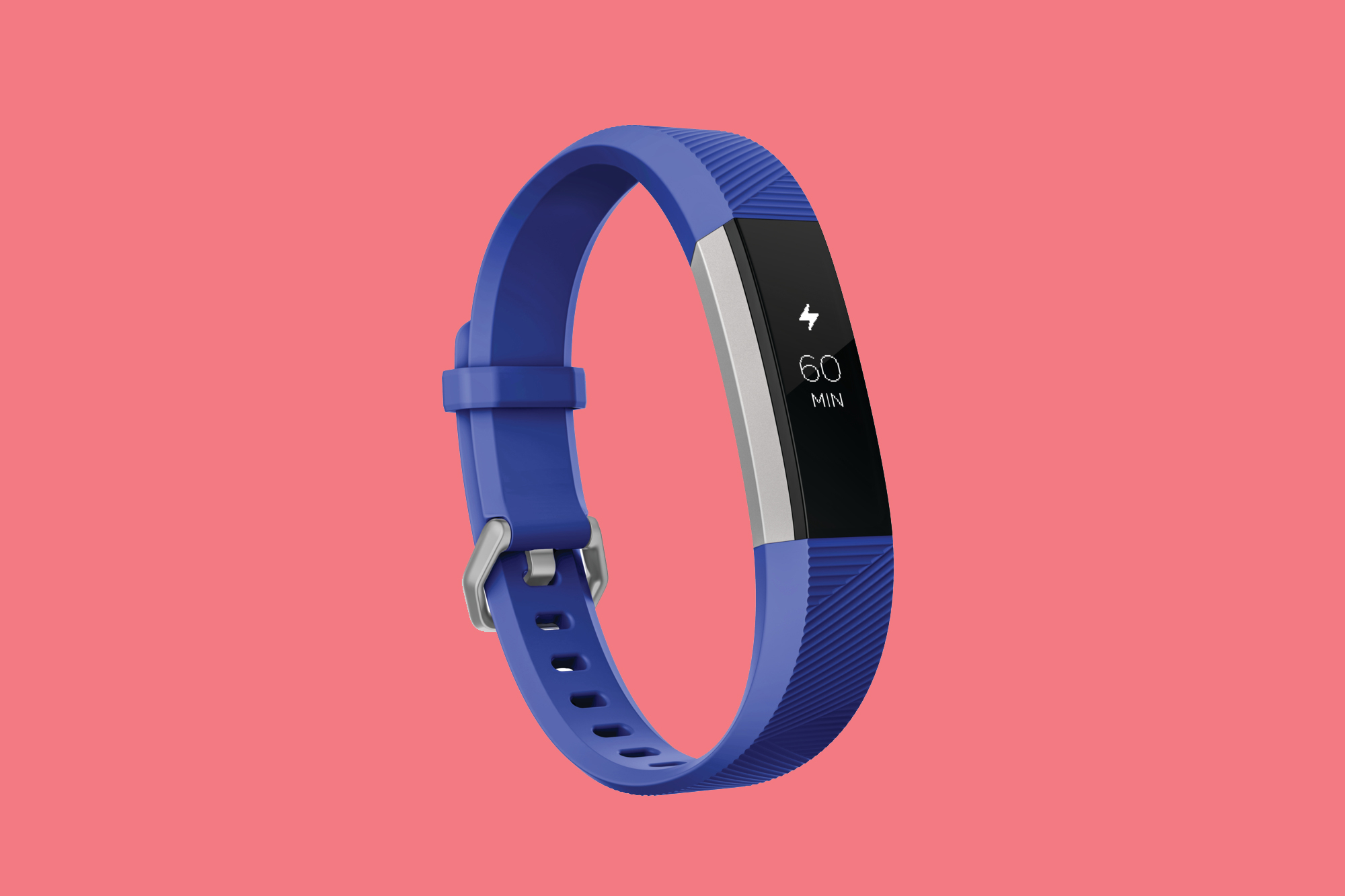
Fitbit is launching a new fitness tracker designed for children called the Fitbit Ace, which will go on sale for $99.95 in the second quarter of this year.
The [tempo-ecommerce src=”http://www.amazon.com/Fitbit-Activity-Tracker-Purple-Stainless/dp/B07B9DX4WB” title=”Fitbit Ace” context=”body”] looks a lot like the company’s Alta tracker, but with a few child-friendly tweaks. The most important of which is Fitbit’s new family account option, which gives parents control over how their child uses their tracker and is compliant with the Children’s Online Privacy Protection Act, or COPPA. Parents must approve who their child can connect with via the Fitbit app and can view their kid’s activity progress and sleep trends, the latter of which can help them manage their children’s bedtimes.
Like many of Fitbit’s other products, the Fitbit Ace can automatically track steps, monitor active minutes, and remind kids to move when they’ve been still for too long. But while Fitbit’s default move goal is 30 minutes for adult users, the Ace’s will be 60 minutes, in line with the World Health Organization’s recommendation that children between the ages of five and 17 get an hour of daily physical activity per day. Fitbit says the tracker is designed for children eight years old and up.
Fitbit will also be introducing a Family Faceoff feature that lets kids compete in a five-day step challenge against the other members of their family account. The app also will reward children with in-app badges for achieving their health goals. Fitbit’s new child-friendly fitness band will be available in blue and purple, is showerproof, and should last for five days on a single charge.
The Ace launch is part of Fitbit’s broader goal of branching out to new audiences. The company also announced a new smartwatch on Tuesday called the Versa, which is being positioned as an everyday smartwatch rather than a fitness-only device or sports watch, like some of the company’s other products.
Above all else, the Ace is an effort to get children up and moving. The Centers for Disease Control and Prevention report that the percentage of children and adolescents affected by obesity has more than tripled since the 1970’s. But parents who want to encourage their children to move already have several less expensive options to choose from. Garmin’s $79.99 Vivofit Jr. 2, for example, comes in themed skins like these Minnie Mouse and Star Wars versions, while the wristband entices kids to move by reflecting their fitness achievements in an accompanying smartphone game. The $39.99 Nabi Compete, meanwhile, is sold in pairs so that family members can work together to achieve movement milestones.
More Must-Reads from TIME
- Donald Trump Is TIME's 2024 Person of the Year
- Why We Chose Trump as Person of the Year
- Is Intermittent Fasting Good or Bad for You?
- The 100 Must-Read Books of 2024
- The 20 Best Christmas TV Episodes
- Column: If Optimism Feels Ridiculous Now, Try Hope
- The Future of Climate Action Is Trade Policy
- Merle Bombardieri Is Helping People Make the Baby Decision
Contact us at letters@time.com